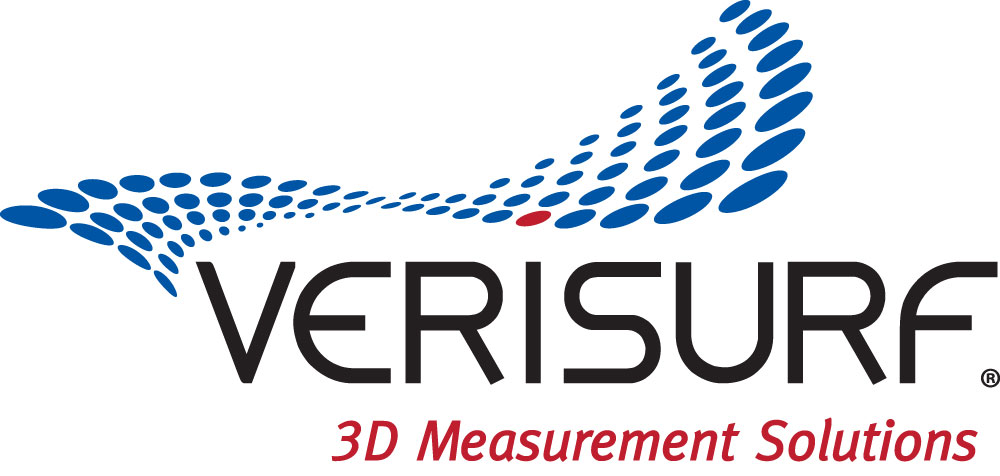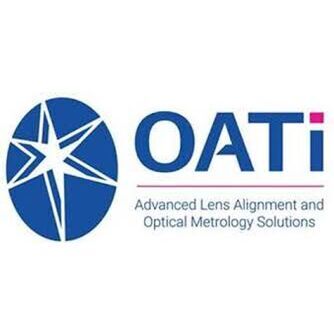
|
Download Members: $0.00 Non‑Members: $75.00 |
Buy Now |
Publication Details
| Published Date: | |
|---|---|
| Download Format: | |
| Citation: | George Gayton University of Nottingham |
Abstract
Fringe projection (FP) techniques offer fast, noncontact measurements of the surface form of manufactured parts. FP systems detect the intensity of a projected fringe pattern that is reflected from the surface to be measured. Any process that alters the intensity of this pattern received by the camera will change the measurement outcome. Therefore, FP systems typically have many influence factors that affect the measurement outcome, including the surface characteristics (e.g. optical properties and topography), imaging optics (e.g. defocus and aberrations) and external factors (e.g. ambient light intensity level, mechanical vibration and temperature). The complexity of the measurement model makes current calibration methods given in ISO 15530 (for contact coordinate measuring machines) unsuitable for FP. Also, it is unclear how to apply the draft calibration method in ISO 25178 for areal surface topography measuring instruments. A calibration framework for estimating spatial frequency dependent measurement uncertainty built on solid theoretical foundations is required. To move towards a traceable surface measurement using FP techniques, we are developing a measurement model to accurately predict the captured image and include all major uncertainty contributors. This model will give insights into the relationships between influence factors, allowing the implementation of improvements to FP systems.





